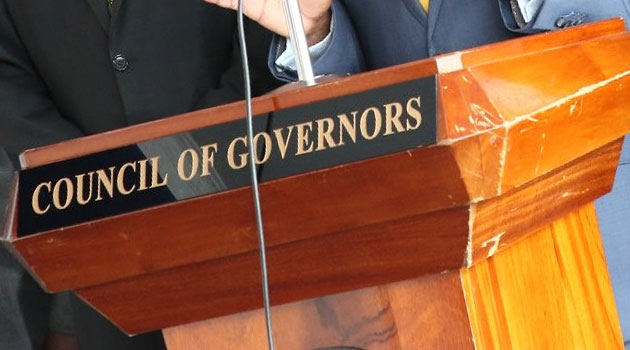
MPs Push for Audit of County Revenue Collection Firms to Curb Billions in Losses » Capital News
NAIROBI, Kenya, Sep 4 – External revenue collection firms hired by counties are under scrutiny as Members of Parliament (MPs) push for legislation to mandate the Office of the Auditor-General to audit these firms. MPs have raised concerns that the lack of audits on these revenue service providers has created opportunities for counties to misappropriate billions of shillings due to discrepancies in the reported revenues.
Speaking before the Senate Committee on County Public Investment and Special Funds on Wednesday, Auditor-General Nancy Gathungu highlighted that counties are losing significant revenue due to the absence of proper oversight and systems to verify the actual amounts collected by these firms.
“We are seeing these firms claim they collected low revenue due to system downtimes and failures. There’s underreporting, and some of these providers are reluctant to share complete data,” Gathungu stated. “If a firm is hired to collect public revenue, its system must be subject to public scrutiny because these are public funds.”
Narok Senator Ledama Ole Kina advocated for amending the Public Finance Management (PFM) Act, arguing that the current legal loopholes allow for wastage in county governments. “We will push to amend the law, granting the Auditor-General authority to audit the systems of these revenue service providers. This will ensure transparency and allow us to trace the flow of funds from the service provider to the County Revenue Fund,” said Ole Kina.
Migori Senator Eddy Oketch echoed this sentiment, stressing that legal reforms would improve the accuracy of financial statements and strengthen accountability in county revenue collection. “When counties rely on third parties for financial statements without a legal framework for audits, it creates accountability issues,” Oketch said.
Gathungu also pointed out that some counties are violating the law by hiring unlicensed and unapproved revenue collection firms, bypassing the National Treasury’s prescribed systems. “We’ve found that some counties are engaging firms with questionable backgrounds, failing to conduct due diligence. This opens the door to significant revenue losses,” she noted.
The Auditor-General further emphasized the need to standardize the commissions charged by these firms, as the current lack of uniformity contributes to revenue leakage. “The rates should be standardized so that commissions do not vary between counties. This inconsistency is costing counties a lot of money,” Gathungu added.
Concerns were also raised about the practice of counties contracting multiple firms for different revenue streams, which Gathungu described as a waste of public funds. “We have counties with different service providers for each revenue stream. This proliferation is unnecessary and leads to inefficiency,” she argued.
The Ethics and Anti-Corruption Commission (EACC) has also warned that the automation of revenue collection in counties is not entirely foolproof. Counties like Nairobi, Narok, Kajiado, Machakos, and Kilifi were cited as examples where revenue collection systems have been tampered with, risking significant revenue losses.
In some cases, private service providers have full control over the revenue collection systems, exposing them to potential manipulation. The EACC’s Corruption Risk Assessment in 27 counties revealed that some county officials have superuser access to these systems, allowing them to alter or delete revenue data, leading to revenue diversion.
The Commission also highlighted risks associated with multiple bank accounts for revenue collection, which could undermine the effectiveness of automated processes. Additionally, the failure to reconcile revenue collection systems across different service providers poses a significant challenge to accountability, with the potential to result in unremitted funds to the County Revenue Fund.
